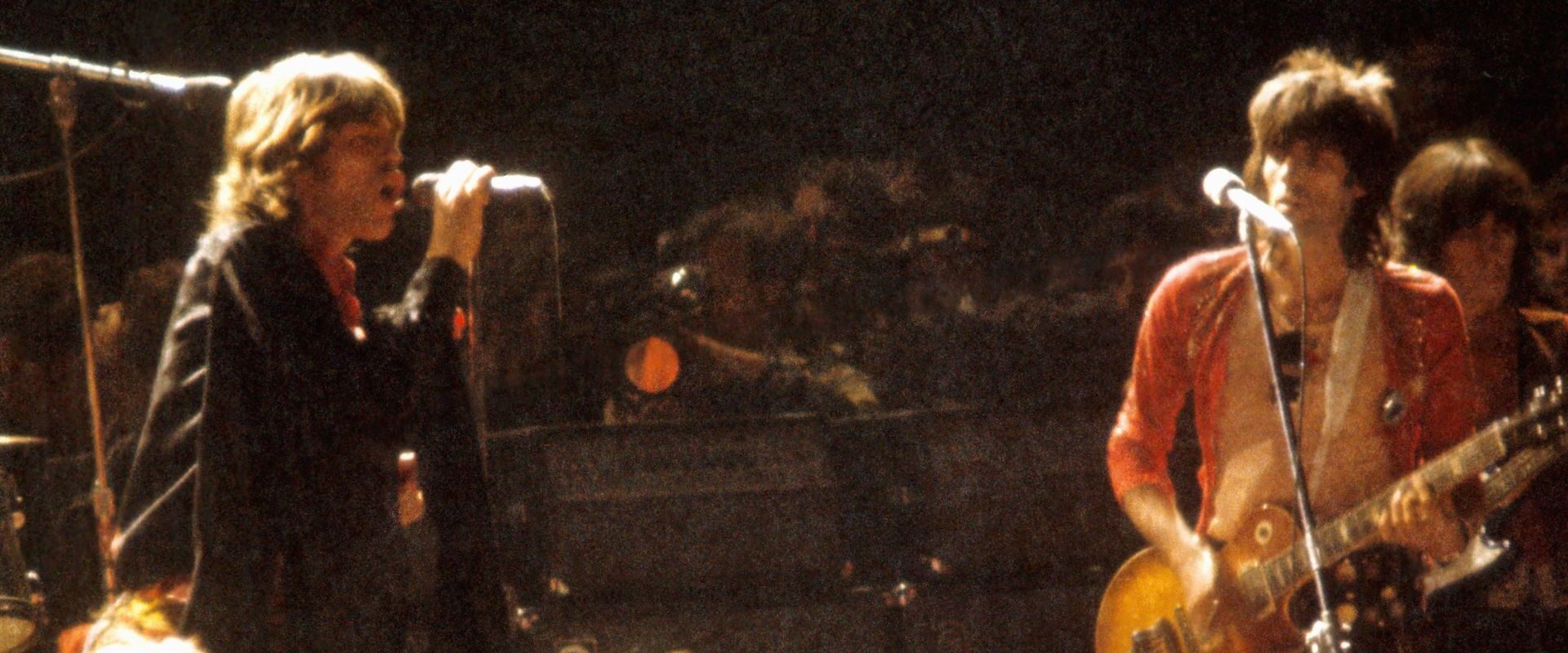Often positioned as the anti-Beatles, the Rolling Stones were surfing the wave of international fame in the 1960s. The dynamic songwriting team of lead vocalist Mick Jagger and guitarist Keith Richards had already produced some of rock music’s most iconic tunes, including “(I Can’t Get No) Satisfaction” and “You Can’t Always Get What You Want.” On this day in 1969, the Rolling Stones kicked off a four-week run atop the US singles chart with another Jagger-Richards collaboration, this one inspired by Brazilian cowboys, Hank Williams, and “a gin-soaked barroom queen in Memphis.”
Keith Richards Knew This Rolling Stones Classic Would Hit No. 1
In December 1968, The Rolling Stones’ Keith Richards and Mick Jagger headed to a ranch outside Sao Paulo, Brazil, for a little R&R. And, as Richards put it, “What do you do on a ranch and evening is coming up and you got a couple of guitars? Suddenly, Hank Williams came to mind, and maybe that’s retrospect or not. … I think we were kicking around old country songs.”
Inspired by the Caipira people of Brazil working on the ranch, the iconic pair began kicking around what would eventually become “Honky Tonk Women” beside a Brazilian river. “I started getting into that one pump and Mick came up with ‘the b—- in Jackson,’ and we were off,” recalled Richards, now 81, in the 2016 documentary Olé Olé Olé!: A Trip Across Latin America.
Initially titled “Country Honk,” Richards has credited guitarist Mick Taylor for the funky final version of “Honky Tonk Women” that we all know and love. Replacing Brian Jones, Taylor made his onstage debut with the Stones on July 5, 1969 — a day after “Honky Tonk Women” hit the UK airwaves.
As Richards bluntly put it, the bluesy tune was “one of those tracks that you knew was a number one before you’d finished the mother—er.” He wasn’t wrong, as Aug. 23, 1969, kicked off a four-week run for “Honky Tonk Women” atop the U.S. singles chart. It marked the Rolling Stones’ fifth No. 1 hit in the U.S.
Featured image by Robert Altman/Michael Ochs Archives/Getty Images

